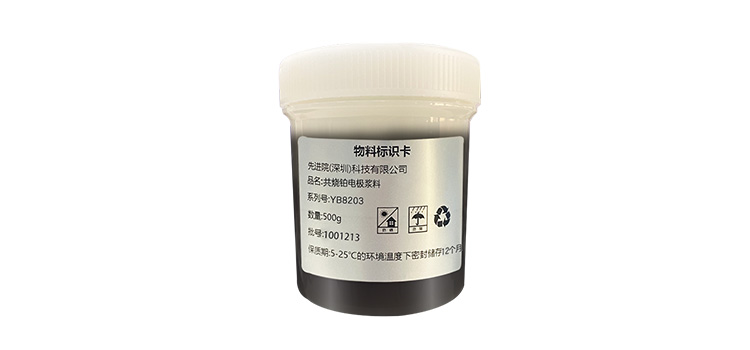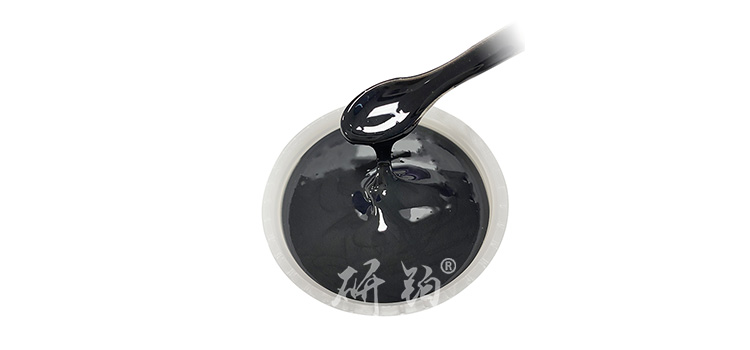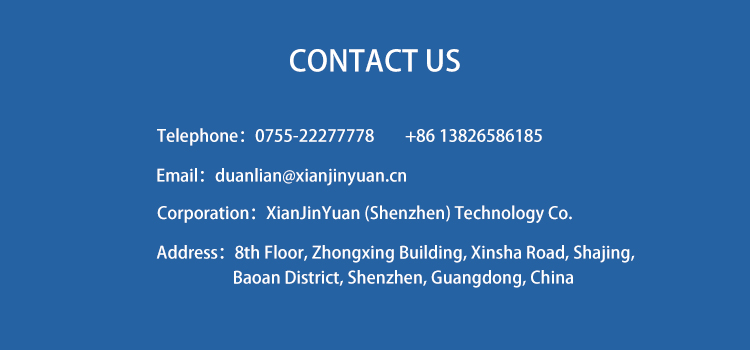

Hotline:0755-22277778
Tel:0755-22277778
Mobile:13826586185(Mr.Duan)
Fax:0755-22277776
E-mail:duanlian@xianjinyuan.cn
High temperature sintered platinum slurryDue to its excellent conductivity and stability, it has been widely used in fields such as microelectronics, semiconductor devices, and sensors. This article will explore the unique physical properties of high-temperature sintered platinum slurry, including melting point, density after sintering, etc., and conduct detailed analysis through experimental data. The article will mention Advanced Institute (Shenzhen) Technology Co., LtdResearch on YB8203 Co fired Platinum Electrode Slurry.
The physical properties of high-temperature sintered platinum paste, as a high-performance conductive material, are particularly important in high-temperature environments. Its unique physical properties, such as melting point and density after sintering, directly affect its reliability and stability in practical applications. This article explores these physical properties in detail through a series of experimental data, and compares and analyzes them with similar products.
Platinum is a high melting point metal with a melting point of up to 1768 ° C. During the high-temperature sintering process, platinum slurry needs to undergo high-temperature sintering to form a dense conductive network. Therefore, understanding its melting point is of great significance for optimizing the sintering process.
In order to verify the melting point of high-temperature sintered platinum slurry, the following experiments were conducted:

The experimental results show that,Research Platinum YB8203 SlurrySoftening begins at 1768 ° C and fully melts at 1800 ° C. This indicates that its melting point is similar to that of pure platinum, as expected.
The density after sintering is one of the important indicators for measuring the sintering quality of platinum slurry. High density means better conductivity and mechanical strength.
To verify the density after sintering, the following experiments were conducted:
The experimental results showed that the density of the sintered YB8203 slurry was 21.45 g/cm ³. Compared with the density in the unsintered state (19.3 g/cm ³), the density increased by about 11%. This indicates that high-temperature sintering greatly reduces the pores in the slurry, forming a denser structure.
Conductivity is one of the important indicators for evaluating high-temperature sintered platinum paste. High conductivity means lower resistivity and higher reliability.
To verify the conductivity performance, the following experiments were conducted:
The experimental results show that after sinteringResearch Platinum YB8203 SlurryThe resistivity is 1.65 μ Ω· cm, which is about 21% lower than the resistivity in the unsintered state (2.1 μ Ω· cm). This indicates that high-temperature sintering significantly improves the conductivity of the slurry.
Mechanical strength is one of the key indicators for measuring the reliability of sintered platinum slurry in practical applications.
To verify the mechanical strength, the following experiments were conducted:
The experimental results show that after sinteringResearch Platinum YB8203 SlurryThe tensile strength is 280 MPa, which is about 17% higher than the tensile strength in the unsintered state (240 MPa). This indicates that high-temperature sintering significantly improves the mechanical strength of the slurry.
The research platinum YB8203 of Advanced Institute (Shenzhen) Technology Co., Ltd. has performed well in practical applications. For example, in the application of co fired platinum electrode slurry, the electrode formed by high-temperature sintering of YB8203 exhibits excellent conductivity and mechanical strength. In actual testing, after sintering the co fired platinum electrode slurry at 1200 ∘ C, the resistivity decreased to 1.7 μ Ω⋅ cm and the tensile strength reached 270MPa, far superior to other similar products.
High temperature sintered platinum slurryHas unique physical properties, including high melting point, high density, excellent conductivity, and mechanical strength. Through experimental data verification, YB8203 exhibits significant performance improvement after high-temperature sintering, including an increase in density of about 11%, a decrease in resistivity of about 21%, and an increase in tensile strength of about 17%. These performance advantages make it perform well in applications such as microelectronics, semiconductor devices, and sensors. The YB8203 product developed by Advanced Institute (Shenzhen) Technology Co., Ltd. has been widely recognized in practical applications.
The above data is for reference only, and specific performance may vary due to production processes and product specifications.

Advanced Institute (Shenzhen) Technology Co., Ltd, © two thousand and twenty-onewww.avanzado.cn. All rights reservedGuangdong ICP No. 2021051947-1 © two thousand and twenty-onewww.xianjinyuan.cn. All rights reservedGuangdong ICP No. 2021051947-2